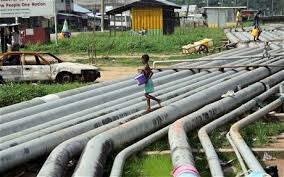Featured
How Russia Helped Nigeria Defeat Biafra During Civil War –Buhari
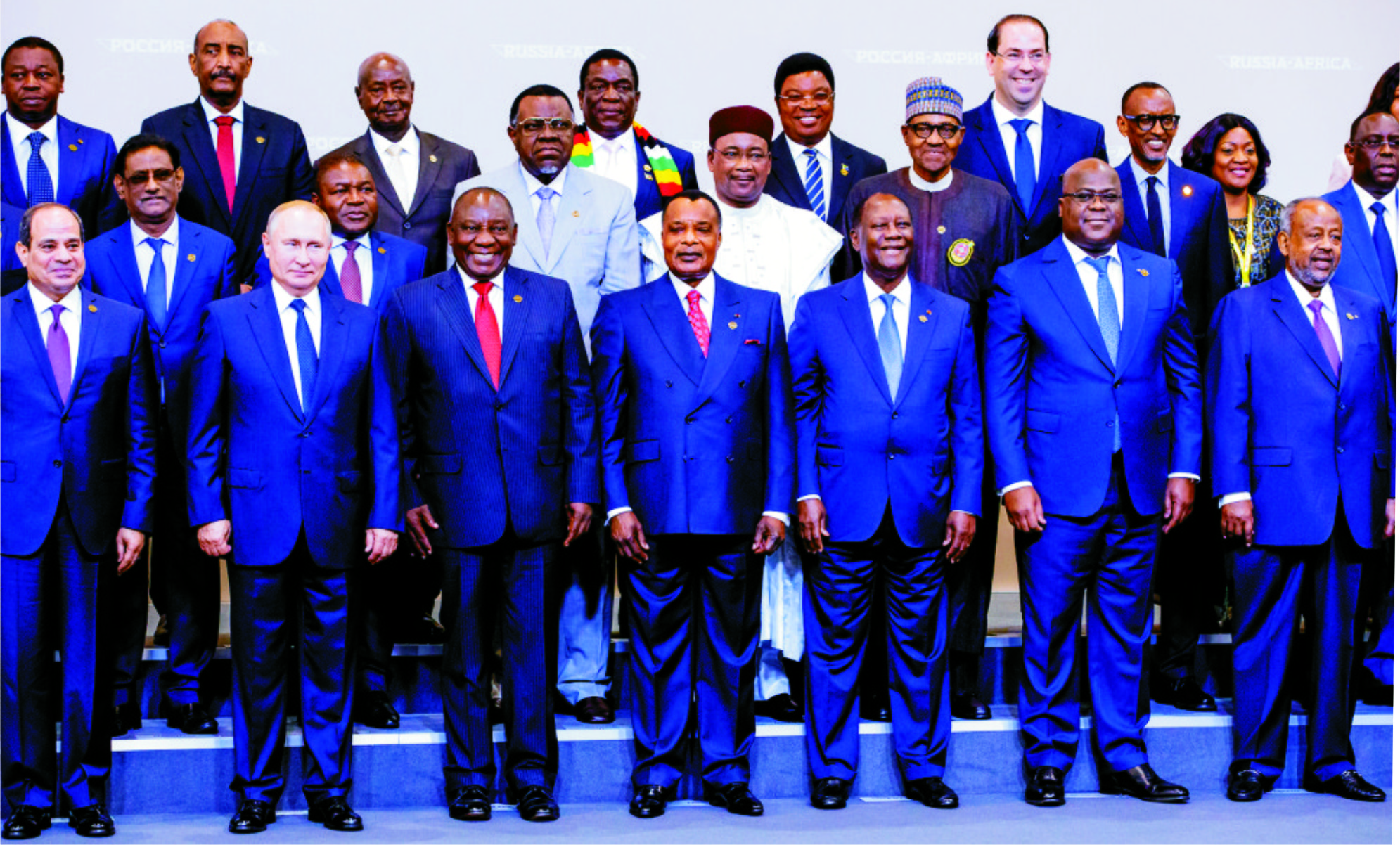
President Muhammadu Buhari has revealed how Russia helped Nigeria defeat the Biafra warlords during the nation’s civil war between 1967 and 1970.
Buhari spoke in his speech at the Russia-Africa Summit in Sochi, Russia, yesterday.
Buhari said Nigeria’s relationship with Russia began in 1960 with the old Soviet Union, saying that Russia helped Nigeria with military assistance during the civil war against the Biafran forces.
“Nigeria’s relations with Russia just like the rest of Africa, began during the Soviet era when diplomatic relations were first established in 1960. That relationship covered areas such as education, healthcare, solid minerals development and military assistance, especially during Nigeria’s Civil War.
“More recently, our partnership has extended to the oil and gas sector as well as military and technical assistance in support of our fight against Boko Haram insurgency. At this point, I would once again like to thank His Excellency, President Putin for his support, especially in the area of security.
“It is my hope that through this forum, Russia and Africa will revitalize their time-tested relationship by exploring new opportunities for the collective benefit of our peoples,” he said.
Buhari said since the collapse of the USSR in 1991, relations between Russia and African nations had lagged a historical levels, saying that the former Soviet Union had been a key partner of Africa, while recalling the strong support received from the former Soviet Union in Africa’s anti-colonial struggles, stressing that Africa would continue to remember this, and many other significant gestures of solidarity and support that shaped history as a continent.
He added that in an increasingly changing world driven by trade, technology and innovation, the time had come to inject new energy and pragmatism in Africa-Russia relations for the mutual benefit of both Africa and Russia, emphasising that this mutually beneficial relationship must go beyond trade and business.
“Our re-energised partnership must also address challenges such as counter-terrorism, poverty eradication, human and drug trafficking, illicit financial flows, climate change and migration to mention some of the many contemporary challenges facing our peoples.
“Our continent is rich in human and natural but is lagging behind in capital and technology. This is why we see increased conflict, migration and instability that is also impacting many nations outside Africa. On our part, we in Africa have continued to view regional integration as a key development priority. Our integration is one that seeks to address our infrastructure deficit, conflicts and terrorism, climate change, human trafficking and of vitality, trade.
“Our integration process also takes into account our diversity as a continent and our unique challenges at the national and sub-national levels. This is why progress has been slow but steady. With a population of over 1.2 billion people, for us in Africa, getting our socio-economic integration right presents enormous opportunities as we stand to promote robust, equitable and inclusive growth that will minimize conflict and enhance economic development.
“Today, these aspirations are captured in the Agenda 2063 of the African Union. We are confident that with strong partners like Russia, our goal of having a peaceful and prosperous continent is achievable. Nigeria is the largest economy and most populous country in Africa. Today, our population is almost over 200 million people. It is expected to grow to approximately 400 million by 2050. This will make Nigeria the third most populous nation in the world behind China and India.
“Our economy is heavily dependent for its foreign exchange on oil, with the result that our high Gross Domestic Product (GDP) is not as a result of domestic sector productivity. In the circumstances, although we still remain an oil dependent nation, our government in the last four years has focused on diversifying our economy by supporting key job creating sectors such as agriculture, mining and ICT,” he stated.
To achieve this, Buhari explained that the nation invested aggressively in infrastructure development and introduced policies and programmes that enhanced ease of doing business, reduce corruption in the public sector and enforce the rule of law.
“It is this inclusive economic diversification agenda that we want to forge a new Nigeria-Russia cooperation. Already, we are seeing progress in areas of power generation, solid minerals development and rail transportation and I hope this will be expanded to agriculture, manufacturing and other means of transportation.
“We already have over 200 Nigerian university students in Russia benefitting from Russian Government scholarships which have been on-going since 1960. Earlier this year, Nigeria signed a Bilateral Education Agreement (BEA) with Russia which will expand the human capital development support we are already receiving,” he said.
Featured
RSG Commits To Workers’ Welfare …. Calls For Sustained Govt, Labour Partnership
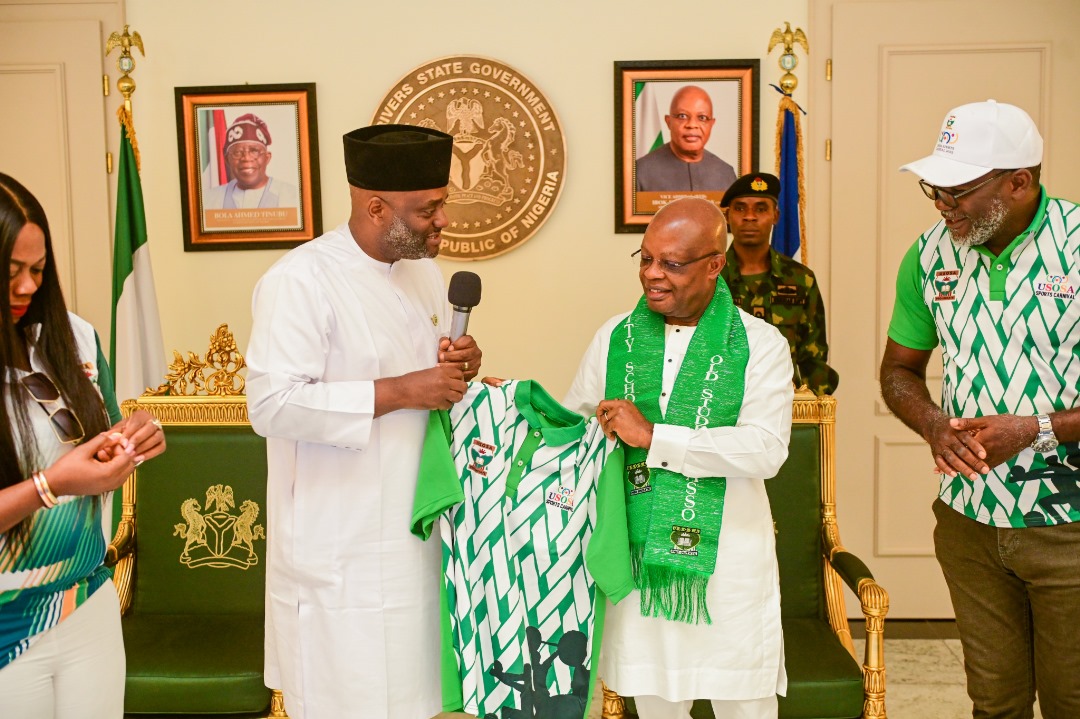
The Administrator of Rivers State, Retired Vice Admiral Ibok-Ete Ekwe Ibas, has assured the commitment of Rivers State government to workers’s welfare and industrial harmony in Rivers State.
The Sole Administrator gave the assurance after meeting with leadership of organized labour unions at the Government House, Port Harcourt on Wednesday.
Ibas reaffirmed government’s policy of prompt payment of salaries and pensions to workers and retirees, stating that all local government employees are not receiving the approved minimum wage.
He disclosed that approval has been given for payment of newly employed staff at Rivers State University Teaching Hospital and the Judiciary, while medical workers in Local Government Areas will now receive correct wages.
Ibas explained that, Government is reviewing implementation challenges of the Contributory Pension Scheme ahead of the July 2025 deadline, adding that Intervention buses have been reintroduced to ease workers’ transportation ,with plans to expand the fleet.
He said specialized leadership training for top civil servants will commence within two weeks, while due consideration is being given to implementing the N32,000 consequential adjustment for pensioners and clearing outstanding gratuities.
Ibas commended Rivers State workers for their dedication to service and called for sustained partnership with labour unions to maintain industrial peace.
“This administration recognizes workers as critical partners in development. We remain committed to addressing your legitimate concerns within available resources,” he stated.
The State NLC Chairman, Comrade Alex Agwanwor, thanked the Administrator for the steps taken so far with regard to workers welfare while appreciating his disposition towards alleviating the transportation problem faced by workers.
He also expressed appreciation for the government’s openness to dialogue and pledged continued cooperation towards achieving mutual goals.
The Rivers State Government assured all workers of its unwavering commitment to their welfare and called for continued dedication to service delivery for the collective progress of our dear State.
Featured
Labour Unions In Rivers Call For Improved Standard Living For Workers
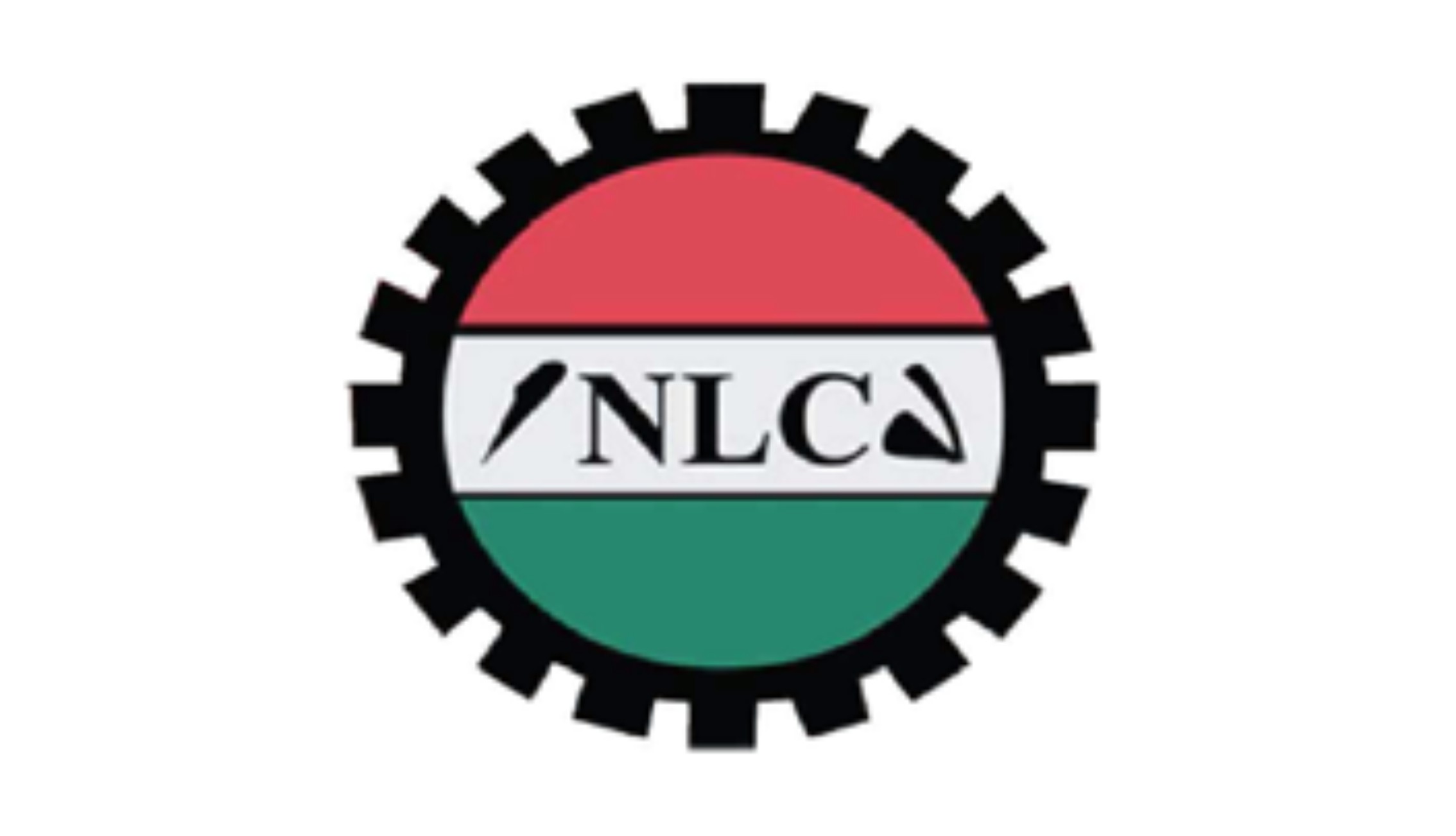
The Nigeria Labour Congress (NLC), Rivers Council, has called for policies that will improve the economic situation of the country in order to ensure enhanced living standard for workers.
The State Chairman, Mr Alex Agwanwor, made the remark on behalf of the unions affiliated to Labour Congress during the 2025 workers day celebration in Port Harcourt, yesterday.
Agwanwor highlighted the demands of the Unions which included the immediate payment of pension arrears, implementation of the N32,000 minimum wage for pensioners, and payment of gratuities and death benefits without further delay.
“We are calling for the regulation and protection of e-hailing drivers, implementation of increments and promotions, and resolution of long-standing issues in the polytechnic sector,” he said.
Agwanwor on behalf of the unions appealed to President Bola Tinubu to reinstate the democratically elected Governor, Deputy Governor, and members of the Rivers State House of Assembly.
He stressed the importance of democratic governance and good working relationship with elected representatives.
According to him, the unions expressed disappointment over the imposition of taxes, increase in electricity tariff, and high cost of goods and services, which have further worsened the plight of workers.
“We urge the federal government to take measures to alleviate the suffering of citizens,” he said.
Featured
Tinubu committed to unlocking Nigeria’s potential – Shettima

Vice-President Kashim Shettima says President Bola Tinubu is committed to unlocking Nigeria’s full potential and position the country as a leading force on the African continent.
Shettima stated this when he hosted a delegation from the Hertie School of Governance, Berlin, led by its Senior Fellow, Dr Rolf Alter, at the Presidential Villa in Abuja last Wednesday.
He said Nigeria was actively seeking expertise from the global best institutions to enhance policy formulation and implementation, particularly in human capital development.
The Vice-President noted that President Tinubu was determined to elevate Nigeria to its rightful position as a leading force in Africa.
“The current crop of leadership in Nigeria under President Bola Ahmed Tinubu is ready and willing to unleash the full potential of the Nigerian nation on the African continent.
” We are laying the groundwork through strategic reforms, and at the heart of it, is human capital development.”
He described the Hertie School as a valuable partner in the journey.
According to him, Hertie School of Governance, Berlin, has track record and institutional knowledge to add value to our policy formulation and delivery, especially in this disruptive age.
Shettima reiterated the government’s priority on upskilling Nigerians, saying ” skills are very important, and with our Human Capital Development (HCD) 2.0 programme.
“We are in a position to unleash the full potential of the Nigerian people by enhancing their capital skills.”
The Vice-President acknowledged the vital support of international development partners in that effort.
” I want to thank the World Bank, the European Union, the Bill and Melinda Gates Foundation, and all our partners in that drive to add value to the Nigerian nation,” he maintained.
The Vice-President said human capital development was both an economic imperative and a social necessity.
Shettima assured the delegation of the government’s readiness to deepen cooperation.
” We need the skills and the capacity from your school. The world is now knowledge-driven.
“I wish to implore you to have a very warm and robust partnership with the government and people of Nigeria.”
Shettima further explained recent economic decisions of the government, including fuel subsidy removal and foreign exchange reforms.
“The removal of fuel subsidy, the unification of the exchange rate regime and the revolution in the energy sector are all painful processes, but at the end of the day, the Nigerian people will laugh last.
“President Tinubu is a very modern leader who is willing to take far-reaching, courageous decisions to reposition the Nigerian economy,” he added.
Earlier, Alter, congratulated the Tinubu administration for the successful launch and implementation of the Human Capital Development (HCD) strategy.
The group leader described the development as ambitious and targeted towards the improvement of the lives of the citizens.
He expressed satisfaction with the outcome of his engagements since arriving in the country.
He applauded the zeal, commitment, energy and goodwill observed among stakeholders in the implementation of Nigeria’s HCD programme.
Alter said the Hertie School of Governance would work closely with authorities in Nigeria across different levels to deliver programmes specifically designed to address the unique needs of the country.
He, however, stressed the need for government officials at different levels to be agile and amenable to the dynamics of the evolving world, particularly as Nigeria attempted to successfully accelerate its human capital development aspirations.
-

 News4 days ago
News4 days agoNSCDC, Navy, Army uncover illegal refinery in Anambra
-

 Opinion3 days ago
Opinion3 days agoNigeria’s Insecurity And Co-Existence
-

 Sports3 days ago
Sports3 days agoBrighton Whip Wolves 2-0
-

 Business3 days ago
Business3 days agoFG Bans Waivers For Threaded Pipes
-
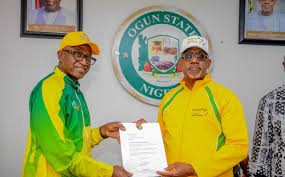
 Sports3 days ago
Sports3 days ago22nd NSF: Ogun State Gov. Vows To Set benchmark
-
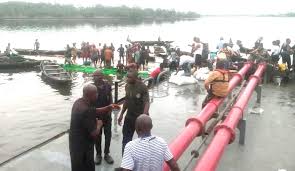
 Rivers3 days ago
Rivers3 days agoNavy Saves 99 Persons From Drowning In Rivers
-

 News4 days ago
News4 days agoAddress Corruption, Institutional Weakness, ASUU Begs FG
-

 Opinion3 days ago
Opinion3 days agoImbibing Leadership Qualities Of Pope Francis


